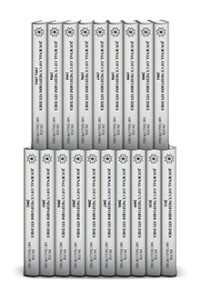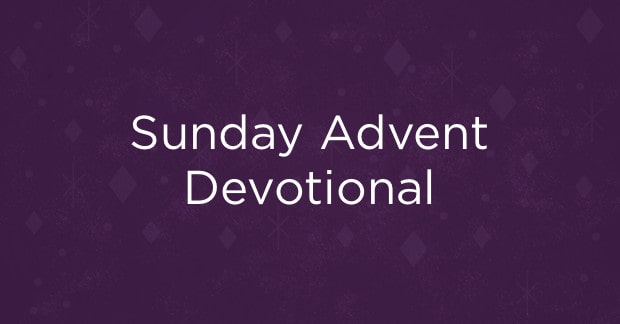Earlier this month, we let you know about a new partnership with The American Schools of Oriental Research (ASOR), an academic organization dedicated to the study and preservation of the culture and history of the Near East.
ASOR, in serving disciplines like biblical studies and archaeology, aims not only to facilitate conversations among academics but to make cutting-edge research accessible outside the academy. Toward this end, ASOR publishes three journals for scholars and lay audiences, and we’ve made several of them available on Pre-Pub. If you’re interested in emerging scholarship in biblical studies and archaeology, you’ll want these resources in your Logos library.
From Hittite ritual to Sumerian folktales
Cuneiform, which originated in what’s now Iraq and developed from pictographs, is one of the earliest-known systems of writing. The Journal of Cuneiform Studies (JCS) was founded in 1947 to explore this window into the ancient world. Featuring articles on the history and languages of the ancient Mesopotamian and Anatolian literate cultures, JCS is published once a year and includes over 140 pages per issue. This particular collection includes 21 years of the JCS catalog—you’ll receive a massive amount of recently published material in the field. With article topics ranging from Hittite ritual to Sumerian folktales, from the practices of Neo-Babylonian court scribes to analysis of archaeological artifacts, this collection gives you a wealth of cutting-edge scholarship.
Expand your understanding of the ancient world—the context of Scripture—with this valuable series. Make your Logos library a richer environment in which to learn about archaeology. Pre-order the Journal of Cuneiform Studies before the price goes up!
Interested in more from ASOR? Check out their other journals on Pre-Pub—Biblical Archaeologist / Near Eastern Archaeology (1992–2011) and the Bulletin of the American Schools of Oriental Research (1992–2011).





